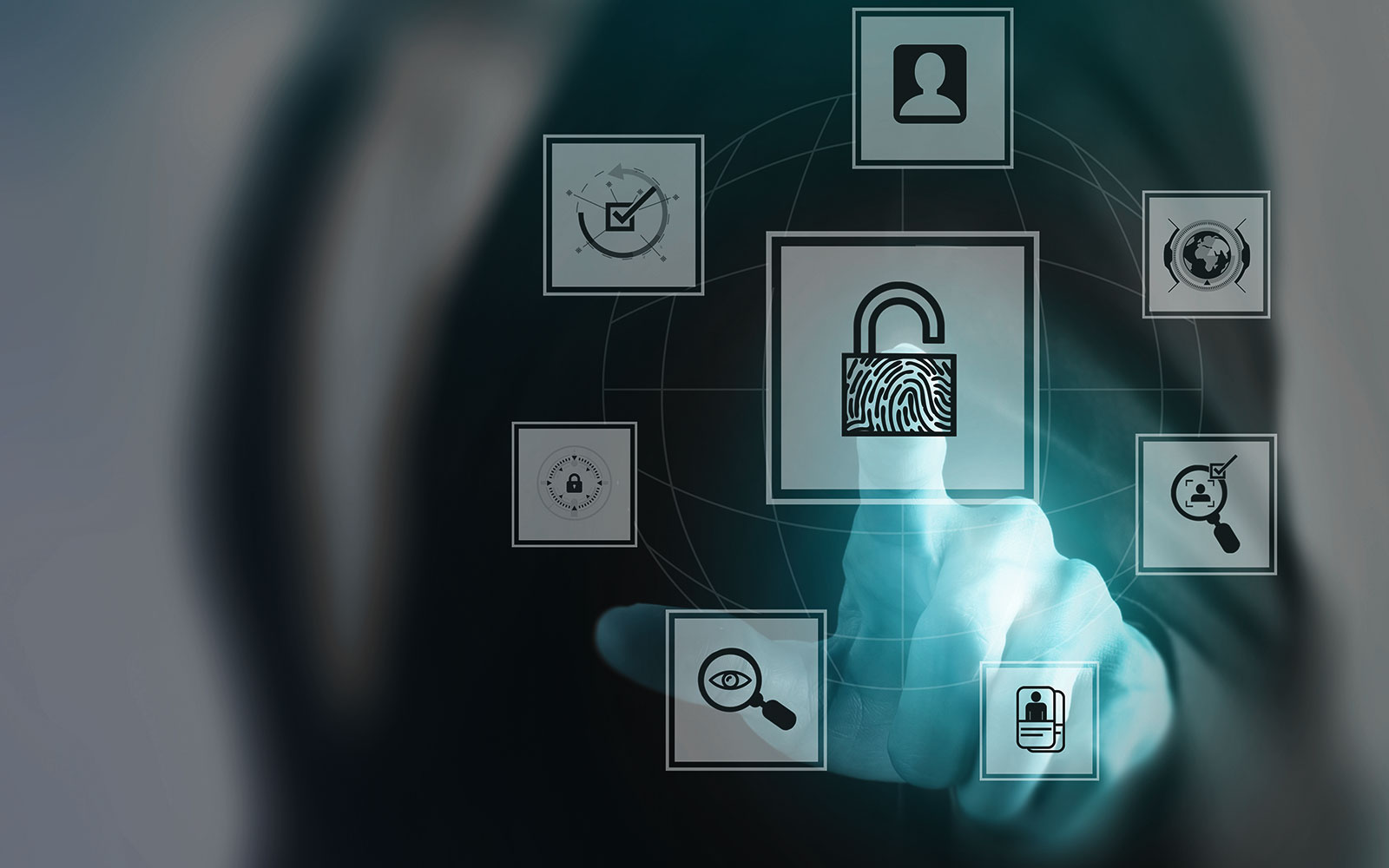Here are seven reasons why a strong cybersecurity strategy is critical for the life sciences industry.
Learn how Versetal can help you with your IT Ops
Harness the power of your organization’s knowledge





